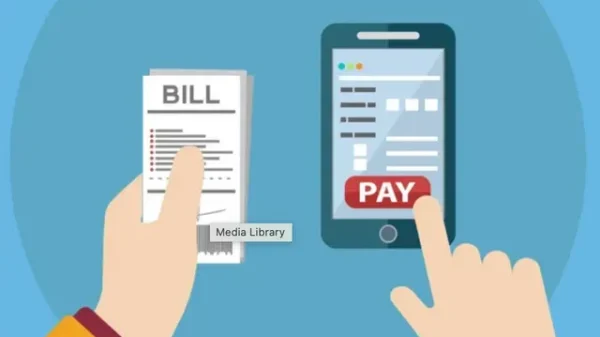When filing for divorce, the most common method is litigation. Both parties hire a lawyer to represent them in court. The parties then present their case to a judge who will make the final decision. When the two parties are unable to reach an agreement, then judgemakes a final decision for case. This can be an unpleasant experience for everyone involved.
Luckily, there are ways to avoid this. One option is to choose divorce mediation in Massachusetts.
A Look into Divorce Mediation in Massachusetts
Divorce mediation is a popular way to end a messy divorce in Massachusetts. This process is less formal than litigation and often results in a more satisfactory settlement. A mediator works on mutual agreement and will not share anything with the opposing party.
A mutual parenting plan can prevent acrimony and help parents agree on the parenting plan. It may not be pleasant to initiate divorce mediation if your partner does not share the same values and beliefs as you do.
While both parties should hire a qualified attorney, you do not need to hire a mediator if you want to represent yourself. Many Massachusetts divorce courts permit parties to express themselves, as long as there is no significant property involved, no abuse of power imbalance, and the parties agree on their parenting plan.
What to Consider in Mediation Case?
If you are considering mediation, hire a licensed mediator in family law. If you are a lawyer, you should ask them to represent you if they are comfortable presenting your case.
Another advantage of using divorce mediation is, it can be a quick process. Lawyers usually have to wait for hours and often escalate litigation to cover their costs. However, you can cut through the red tape with the help of a mediator.
The cost of hiring a mediator is usually divided between both parties, and this may be a good incentive for you to reach an agreement quickly.Now the question comes, which way to go for mediation, as there are two types of divorce mediation;
- Contested Divorce
- Uncontested Divorce
Have a look at the contrasting differences and how both cases are handled in Massachusetts.
Contested vs. Uncontested Divorce: Which Way to Go?
A contested divorce is when two parties cannot reach a final agreement regarding the divorce terms. In Massachusetts, nearly every contested divorce case is filed under Section 1B. While filing on fault can give you an advantage, it can also prolong the process.
A contested divorce will proceed to trial if both parties can’t agree. When this happens, the judge may award the judge a decision based on the evidence provided by the parties.
The cost of an uncontested divorce is typically less than the cost of a contested divorce. You can find an uncontested divorce lawyer in your area by contacting Baron Law Mediation.
In Massachusetts, contested divorce mediationis a free process where the parties sit down with a neutral third party and try to reach an agreement. It may take more than one session, but the parties will sign a stipulation at the end.
This will be drafted into the final divorce agreement. The parties must be willing to compromise, and your attorney should encourage you to do so. You can choose to represent yourself or to hire a Massachusetts divorce mediator.
Uncontested Divorce
On the other hand, uncontested divorce mediation is when the spouses can agree on all aspects of their divorce, such as; child custody and property division. The cost of an uncontested divorce is typically less than the cost of a contested divorce.
Uncontested divorces are often the fastest and least expensive way to get a divorce.
Another option for uncontested divorces is to go to court. The trial is when the judge hears evidence from the parties, including their testimony. Often, there are disagreements over the division of property, custody of children, and alimony. During this time, the spouses try to convince the judge of their position by presenting and documenting evidence.
The judge then makes a ruling on any contested issues. If both parties reach an agreement on all matters, they can quickly sign the agreement and divorce. If a couple cannot agree on the terms of their divorce, a contested divorce in Massachusetts is an option.




































